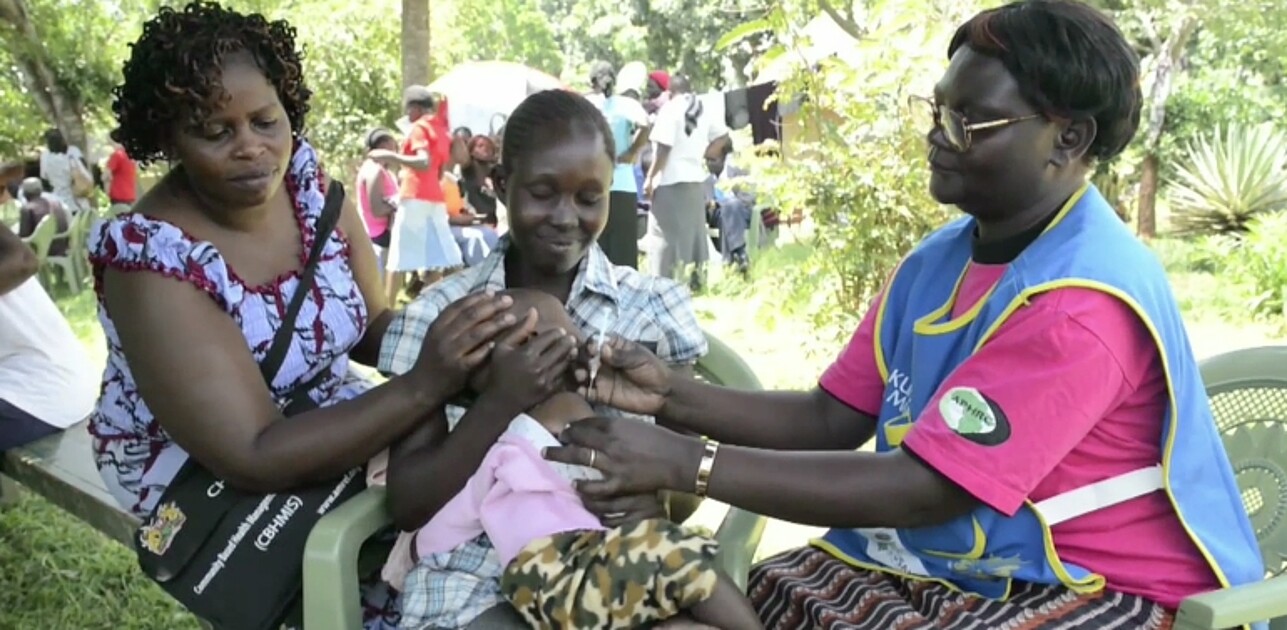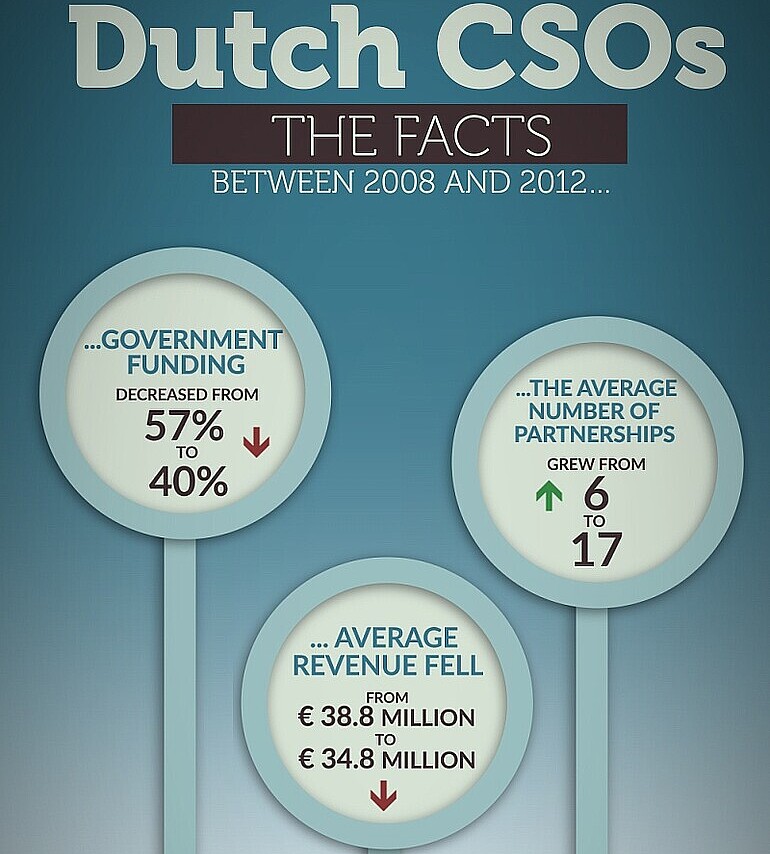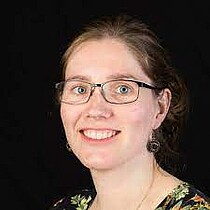

Video: Friday, 29 January 2016
Today’s civil society organisations (CSOs) are partnering with more – and more diverse – organisations than ever before. Choosing the right partnerships is essential for strategic advantage and long-term survival, argues researcher Rianne van Asperen from Rotterdam School of Management, Erasmus University (RSM). In this article she demonstrates how CSOs can get better at managing their partnerships.
First, she explains the rationale behind the new partnerships. Changes in policy and reduced funding have driven CSOs to expand their roles and establish more partnerships. Van Asperen then illustrates how creating a ‘partnership portfolio’ can help CSOs better evaluate and manage current partnerships. With this tool, developed by RSM’s Partnerships Resource Centre, CSOs can find out if current and potential partnerships are still aligned with their identity.
Over the last fifteen years CSOs have responded to government policies and budget cuts by changing their roles. Most have shifted from providing mutual support to also delivering services and advocacy.
All these new functions mean CSOs are now working with more partners than ever.
The Partnerships Resource Centre identifies three phases CSOs have been going through in their partnerships:
Watch the video for an in-depth explanation of these phases.

In recent years, CSOs have engaged in a growing number of collaborations, ranging from ad-hoc projects to long term partnerships. Such partnerships can be mapped in a ‘partnership portfolio’ to show their number and nature. This visual representation can help CSOs to develop their portfolio strategy.
Tilburg University

This article is based on the report The State of the Partnerships, published by the Partnerships Resource Center (PrC) at RSM.


Science Communication and Media Officer
Rotterdam School of Management, Erasmus University (RSM) is one of Europe’s top-ranked business schools. RSM provides ground-breaking research and education furthering excellence in all aspects of management and is based in the international port city of Rotterdam – a vital nexus of business, logistics and trade. RSM’s primary focus is on developing business leaders with international careers who can become a force for positive change by carrying their innovative mindset into a sustainable future. Our first-class range of bachelor, master, MBA, PhD and executive programmes encourage them to become to become critical, creative, caring and collaborative thinkers and doers.
